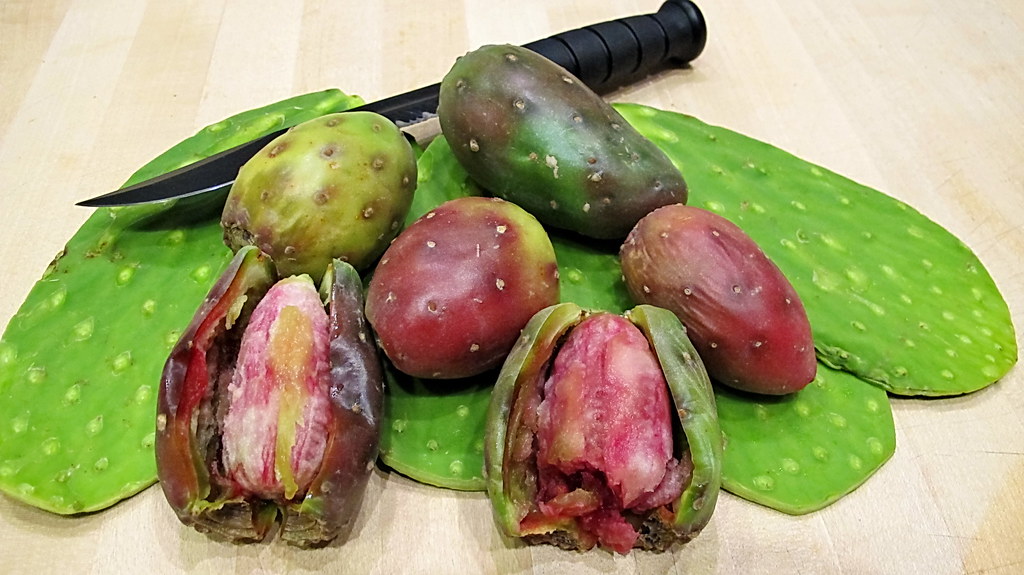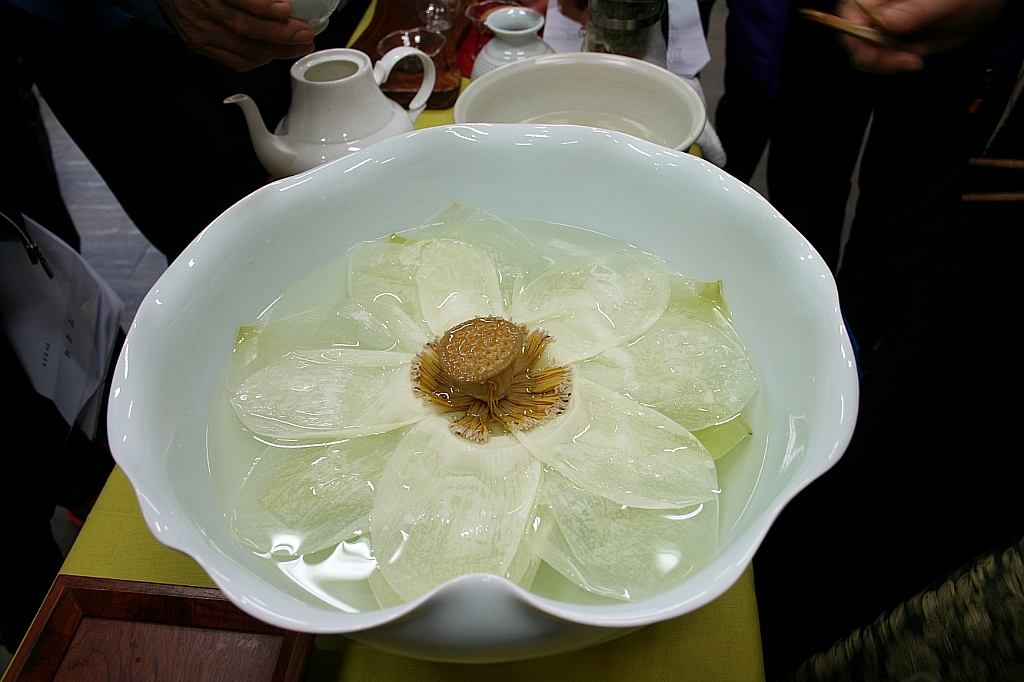Midwives have been using a unique concoction to help induce labor for centuries. This brew, often called the midwives’ brew, is a closely guarded secret.
But what is in it? And, more importantly, does it work?
It has been a topic of debate for many years. Some say it is an old wives tale and does not work, while others swear by its effectiveness. So, what is the truth?
Midwives brew is a concoction of several herbs that are thought to help stimulate contractions and induce labor.
What is Midwives Brew?
Midwives brew is a natural labor induction cocktail said to help induce labor. It is made with castor oil, known to help induce labor, and other natural ingredients.
Some women say it helped them start labor naturally, while others say it just helped bring on labor within 24 hours. Either way, it is a popular choice and natural method for women who want to induce labor naturally.
Midwives Brew Ingredients
Castor Oil
Castor oil is a popular remedy for various ailments, including constipation and skin conditions. It is also used in midwives’ brew recipes, a concoction that is said to help induce labor at home. While there is no scientific evidence to support these claims, many women swear by the effectiveness of castor oil.
Lemon Verbena
Lemon Verbena is used in midwives’ brew. This herb has a long history of use in pregnancy and childbirth. It is thought to help with nausea and vomiting during pregnancy. It is also believed to help reduce labor pain.
Apricot Juice to Induce Labor
Apricot juice has been used by midwives for centuries as a brew to help ease the birthing process. The natural sugars in the juice help to give the mother energy, while the vitamins and minerals help to relax and soothe the muscles.
The brew is made by boiling water and adding dried apricots, then simmering for 30 minutes. Once strained, the liquid is drunk throughout labor. Some midwives will add other herbs or spices depending on the mother’s needs.
For centuries, apricot juice has been a trusted tool of midwives to help ease the birthing process. The natural sugars in the juice give mothers energy while the vitamins and minerals relax and soothe muscles – making it an ideal drink throughout labor.
Almond Butter
Almond butter is a popular ingredient in midwives’ brew; a herbal tea said to help with labor.
The almond butter gives the tea a creamy texture and flavor. There are many recipes for midwives brew, but they all contain almond butter.
Black Cohosh
Black cohosh is an herb traditionally used to help regulate contractions. It is thought to work by stimulating the uterus and helping it to contract more effectively. Black cohosh is sometimes used with other herbs, such as blue cohosh, to help strengthen contractions and reduce labor time.
Blue Cohosh
Blue Cohosh is thought to work by stimulating the uterus and helping to bring on labor. Blue Cohosh is not recommended during pregnancy unless a healthcare provider supervises it.
Raspberry Leaf
Red raspberry leaf tea is a traditional herbal remedy for women. It is rich in vitamins and minerals and is thought to help tone the uterus and prepare it for childbirth.
Red raspberry leaf tea is considered safe for pregnant women, but it is always best to check with your healthcare provider before consuming any herbal teas during pregnancy.
Rosemary
Rosemary is a herb that is used to help increase blood circulation. This can be helpful if you are feeling sluggish or have cold hands and feet. Rosemary can also be used to help with digestion and gas.
Ginger
Ginger is a popular home remedy for nausea and vomiting during pregnancy. Some women also believe that ginger can help induce labor naturally. No scientific evidence supports this claim, but some midwives recommend eating a small amount of fresh ginger root or drinking ginger tea during the last few weeks of pregnancy.
If you want to try this method, talk to your healthcare provider to ensure it’s safe.
How Safe is Midwives’ Brew?
Midwives brew is made from castor oil and other ingredients. It is used to help induce labor, but no scientific evidence supports its use. Some midwives believe it is safe, but others believe that it can cause harm to the mother or baby.
What is the Evidence for Midwives Brew?
Midwives brew is a traditional herbal remedy used to help induce labor. It is made with castor oil and other herbs and is said to be effective in helping women go into labor.
Some evidence supports the use of midwife’s brew, although it is inconclusive. Some women reported that it helped them to go into labor, while others did not find it compelling.
Are There Alternatives to Induce Labor?
There are a few ways to help induce labor, but it is best to speak with your doctor before trying them. Some methods may work better for some people than others. Here are a few things that are said to help induce labor:
– Walking: This is a great way to start labor because it can help move the baby into the birth canal.
– Nipple stimulation can trigger contractions by releasing oxytocin, the hormone that causes contractions.
– Acupuncture: This ancient Chinese practice is said to help induce labor by stimulating specific points on the body.
– Herbal remedies: A few herbal remedies are said to help induce labor, but speaking with your doctor before taking anything is essential.
What Does the Pregnancy Nurse Think of Midwives Brew?
The pregnancy nurse thinks midwives brew a great way to induce labor naturally. Castor oil has been used for centuries to help women enter labor and delivery naturally. The nurse believes that induction, such as midwives’ brew, is best done naturally to help the woman’s body go into labor naturally.
When Should You Drink Midwives Brew?
When should you drink midwives brew? You can drink it anytime you want to try to induce labor, but some women like to wait until they are ready to go into labor or a few days before their due date. If you are trying to induce labor with midwives brew, it is best to drink it in the morning so that you have the whole day to see if it works.
Related: What Ashwagandha is Good for? Science-Backed Health Benefits
How Long After Drinking Midwives Brew Does Labor Start?
It is said that drinking midwife’s brew can help put them into labor. However, how long midwives’ brew labor will start after drinking is unclear. Some say it could be within hours, while others claim it could take days.
Do Midwives Brew Work?
No scientific evidence supports the claim that midwives’ brew, which typically contains castor oil, effectively induces labor. However, some women report success using castor oil to induce labor. The success rate of using castor oil to induce labor is unknown. Women considering using castor oil to induce labor should speak with their healthcare provider first.
What’s in Midwives Brew?
Midwives Brew is a tea made with natural ingredients that are said to help induce labor. The main ingredient in midwives’ brew is castor oil, which is known to be a natural induction method.
Other ingredients in the brew may include tea bags, herbs, and spices. It is important to note that this brew should only be consumed when you are close to your due date and your midwife or doctor has given you the okay.
Drinking midwives’ brew will not guarantee that you will go into labor, but it may help to start the process.
Is Midwives Brew Effective at Inducing Labor?
Midwives brew is a concoction that is said to help induce labor. It is made up of various natural ingredients, including castor oil, which is thought to be a labor-inducing agent. There have been many success stories of women who have used midwives brew to go into labor naturally.
Castor oil is the main ingredient in midwives’ brew and has been used for centuries to induce labor. There is some evidence of the effectiveness of midwives’ brew in stimulating contractions. However, it is also known to cause diarrhea and vomiting, so it should be used cautiously.
Other natural labor-inducing agents can be used instead of or in addition to castor oil. These include evening primrose oil, red raspberry leaf tea, and acupuncture. If you consider using these methods to induce labor, speak with your healthcare provider first.
What is the Best Midwives Brew Recipe?
There are many midwife brew recipes, but what is the best one? Castor oil is often used in these brews to help induce labor, and while it may not be the most pleasant ingredient, it is effective.
Some women swear by using this brew to induce labor; it may be worth trying if you look for a natural way. The key is to find a midwife brew recipe that works for you and that you can stomach!
Related: 18 Evidence-Based Health Benefits of Quinoa
What are the Midwives Brew Side Effects?
The side effects of the midwives’ brew can include nausea, vomiting, and diarrhea. It is essential to drink plenty of fluids if you decide to use this method to induce labor, as you can become dehydrated quickly.
When Should I Take Midwives Brew? How Many Weeks Pregnant?
Midwives brew is a herbal tea. Drinking this tea at least 2 weeks before your due date is recommended. Some women report drinking it closer to their due date and still having successful inductions.
Listening to your body and seeing how it responds to the tea is essential. If you have active labor, it is best to drink the tea when you are in between contractions to get the most out of it.
Can You Take Midwives Brew at 36/37/38 Weeks?
Yes, you can take midwives brew at 36/37/38 weeks. It is a brew to induce labor and can help with induction. However, speaking to your midwife or doctor is essential; they can advise you on the best action.
Can You Make Midwives Brew without Castor Oil?
Castor oil is a natural remedy used for centuries to help induce labor. Midwives brew is a concoction made with castor oil, herbs, and spices to help jump-start labor. While many recipes for midwives brew, most call for castor oil as one of the key ingredients.
So, can you make midwives brew to induce labor without castor oil? The answer is yes, but it may not be as effective. Castor oil works by stimulating the uterus and increasing contractions. Midwives’ brew may not be strong enough to kick start labor without this crucial ingredient.
However, every pregnancy is different, so it’s always worth trying something natural like Midwives Brew before resorting to medical interventions.
How Long After Midwives Brew Do Contractions Start?
It is unclear how long after drinking, midwives brew contractions will start. Some women report going into labor within hours of drinking the tea, while others say it took several days.
It is likely that individual factors, such as how far along the woman is in her pregnancy and general health, play a role in how effective the tea is.
Ultimately, it is up to each woman to decide whether or not she wants to try midwives brew to induce labor.
Other Ways to Naturally Induce Labor
Another natural way to induce labor is to try and stimulate your nipples, as this can help release oxytocin, which can help start contractions. You can also try walking around, as this can help get the baby into position and help it go into labor.
How to Make Midwives Brew?
There are many recipes for midwives brew, but the essential ingredients are usually the same. These brews often use herbs like red raspberry leaf, ginger, and black cohosh.
Making a midwife brew is relatively easy. Here’s a basic recipe to get you started:
Ingredients:
1 ounce of dried red raspberry leaf
1 ounce of dried ginger
1 ounce of black cohosh
1 quart of water
Instructions:
1. Combine the herbs in a large pot or teapot.
2. Pour boiling water over the herbs and let steep for 30 minutes.
3. Strain the brew and drink 1 cup 3 times per day.
4. Start drinking the brew 2-3 days before your due date.
Of course, every woman is different, and you’ll want to talk to your midwife or care provider before starting any herbal preparations. But if you’re looking for a natural way to induce labor, midwives brew is a safe and effective option.
Takeaway
While the midwives brew secret recipes that may help induce natural labor for some women, it is not guaranteed. It is essential to speak with your healthcare provider before trying any new method, especially one that could be harmful.
FAQs | Midwives Brew
Can You Eat After Drinking Midwives Brew?
Yes, you can eat after drinking midwives brew for labor. However, drinking plenty of fluids and eating small, frequent meals is essential to keep your energy up during labor.
Does the midwives’ brew make you poop?
No scientific evidence suggests that the midwives’ brew affects bowel movements. However, some ingredients in the brew (such as ginger and castor oil) are known to have a mild laxative effect, so some people may experience increased bowel activity after drinking it.
Should I eat before midwives brew?
Eating before taking midwives brew is generally recommended, as it can help prevent nausea and vomiting. However, if you feel nauseous after taking the brew, drinking a small amount of ginger ale or eating a cracker may help.
What are the risks of consuming Midwives Brew?
There are no known risks associated with consuming midwives’ brew. However, as with any herbal remedy, it is always best to consult a healthcare professional before consuming herbal tea.
What to Do if Midwives Brew Won’t Work?
If you’ve tried midwives brew and it hasn’t worked, you can try a few other things. You can also try walking, bouncing on a birth ball, or doing gentle squats to help get things moving. If nothing else works, you can talk to your care provider about other options.
When is the Best Time to Drink Midwives Brew?
Midwives brew is an herbal tea that is traditionally drunk during pregnancy and after childbirth. There is no definitive answer about the best time to drink it. Still, many women find that drinking it in the third trimester and early postpartum period helps with energy levels, recovery, and healing.
Sources
- PubMed: Castor oil for induction of labor in post-date pregnancies
- PubMed: Castor oil for induction of labour: not harmful, not helpful
- Mommy Labor Nurse: The Midwives Brew: A Secret Natural Labor Induction Method!
- Healthline: Midwives Brew to Induce Labor: Recipe, Safety, and More
- Pregnurse: Is Midwive’s Brew Safe? – The Pregnancy Nurse
- Coffeeandcoos: Midwives Brew – How to Make it, Does it Work, and Stories
- Wonderbaby: Midwives Brew: Does It Really Work to Induce Labor?
- Mama Of Five: Induce labor Naturally with Midwives Brew – Mama of Five
Featured Photo by Camylla Battani on Unsplash
Editor’s Note: The medical information on this site is provided as an educational resource and is not intended to be used for medical advice, diagnosis or treatment. If you have any concerns about your health, please consult a qualified healthcare professional. This site does not provide medical advice, diagnosis or treatment. The information on this site is not intended to be used for self-diagnosis or self-treatment. If you have any concerns about your health, please consult a qualified healthcare professional.


















